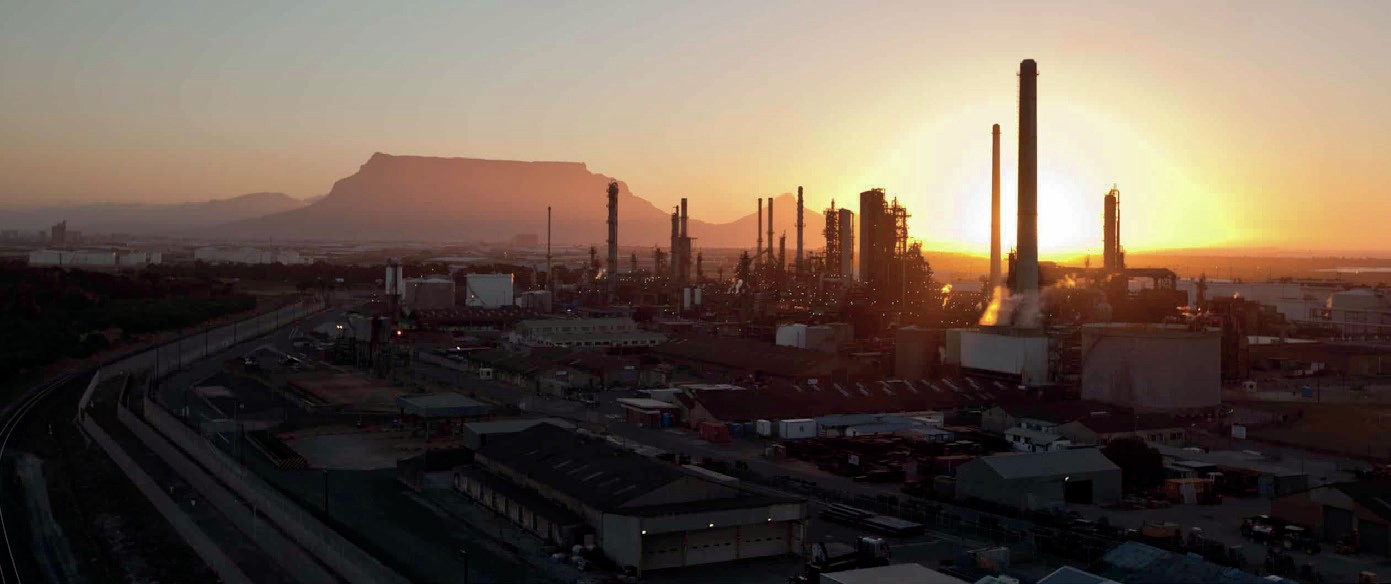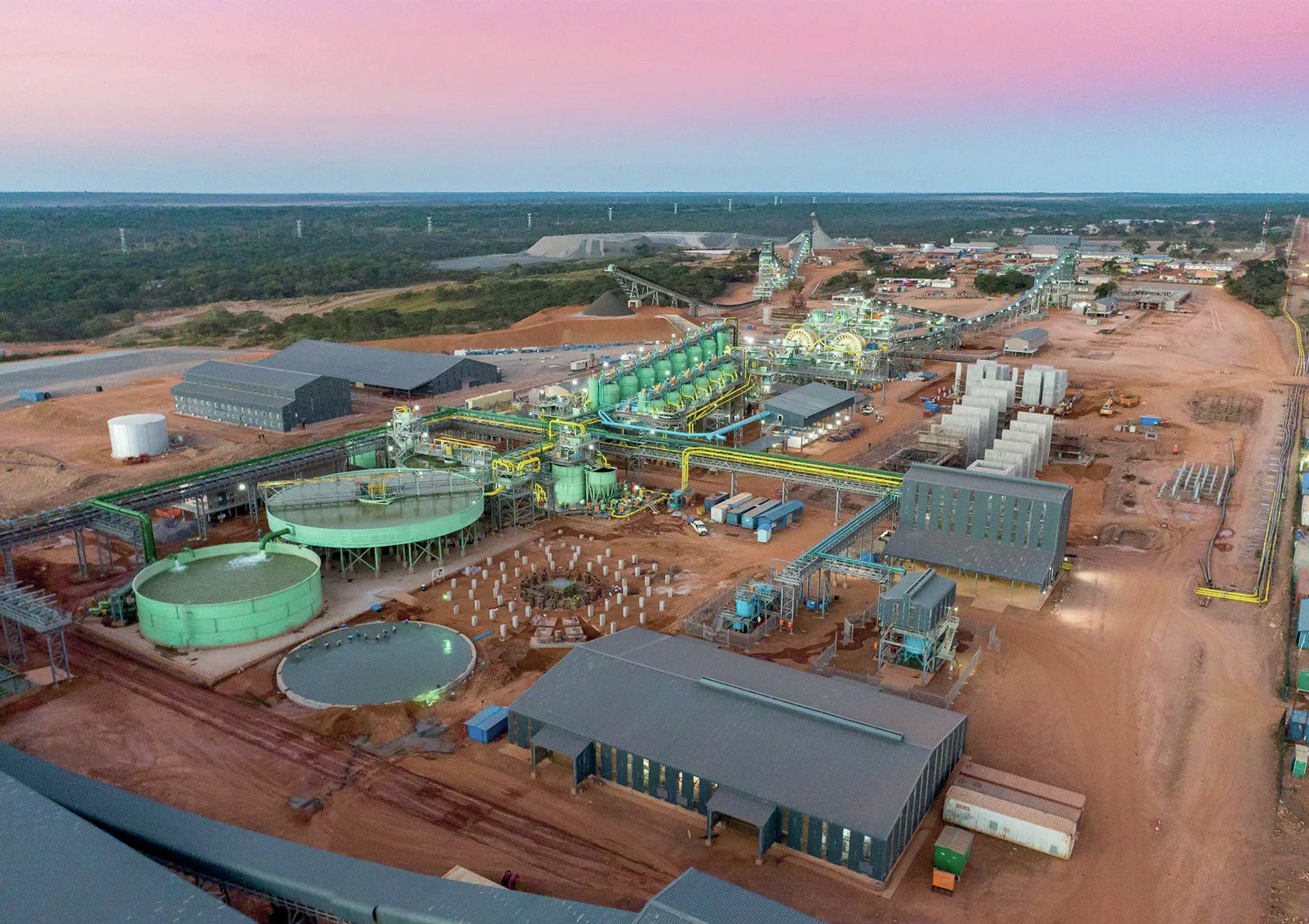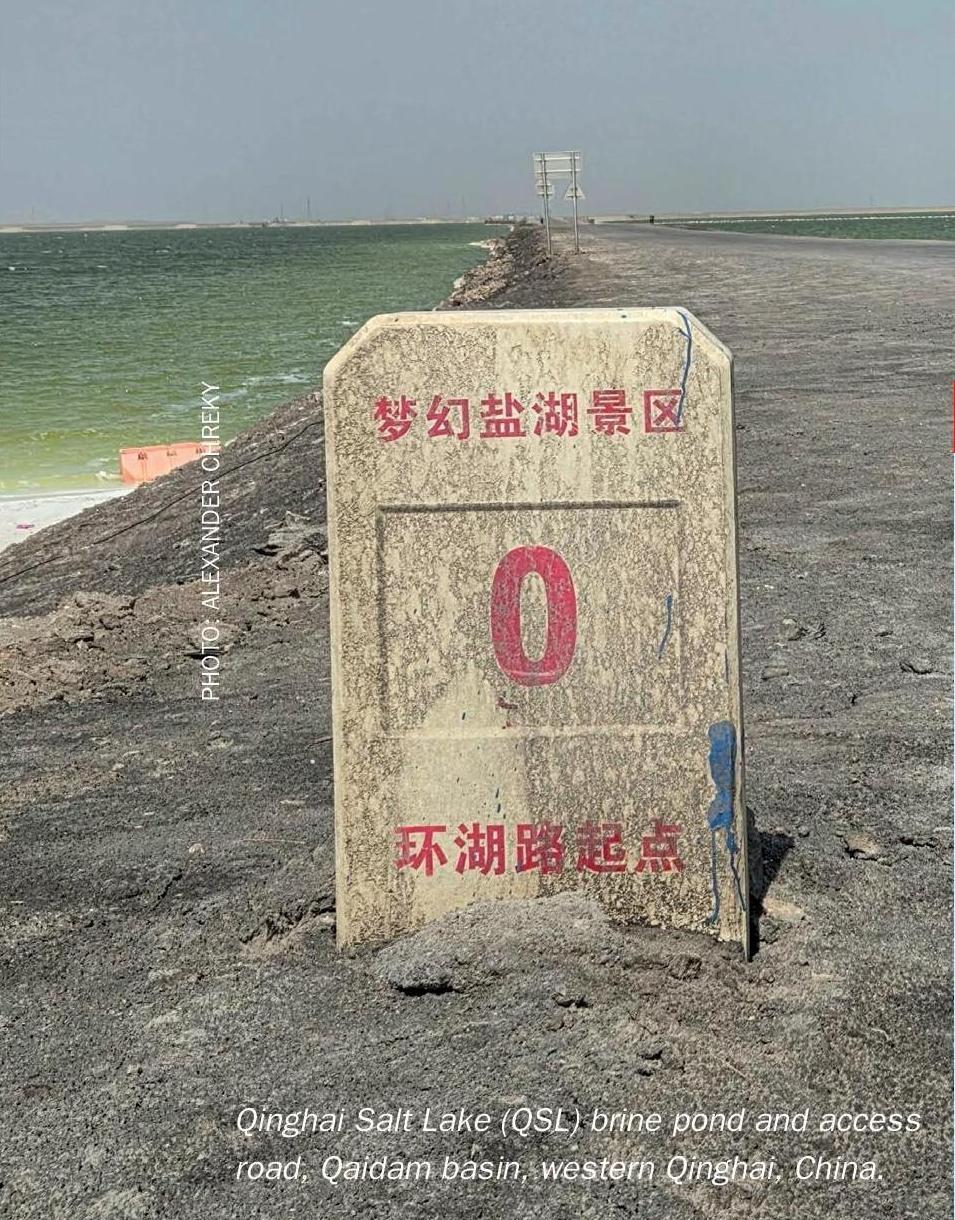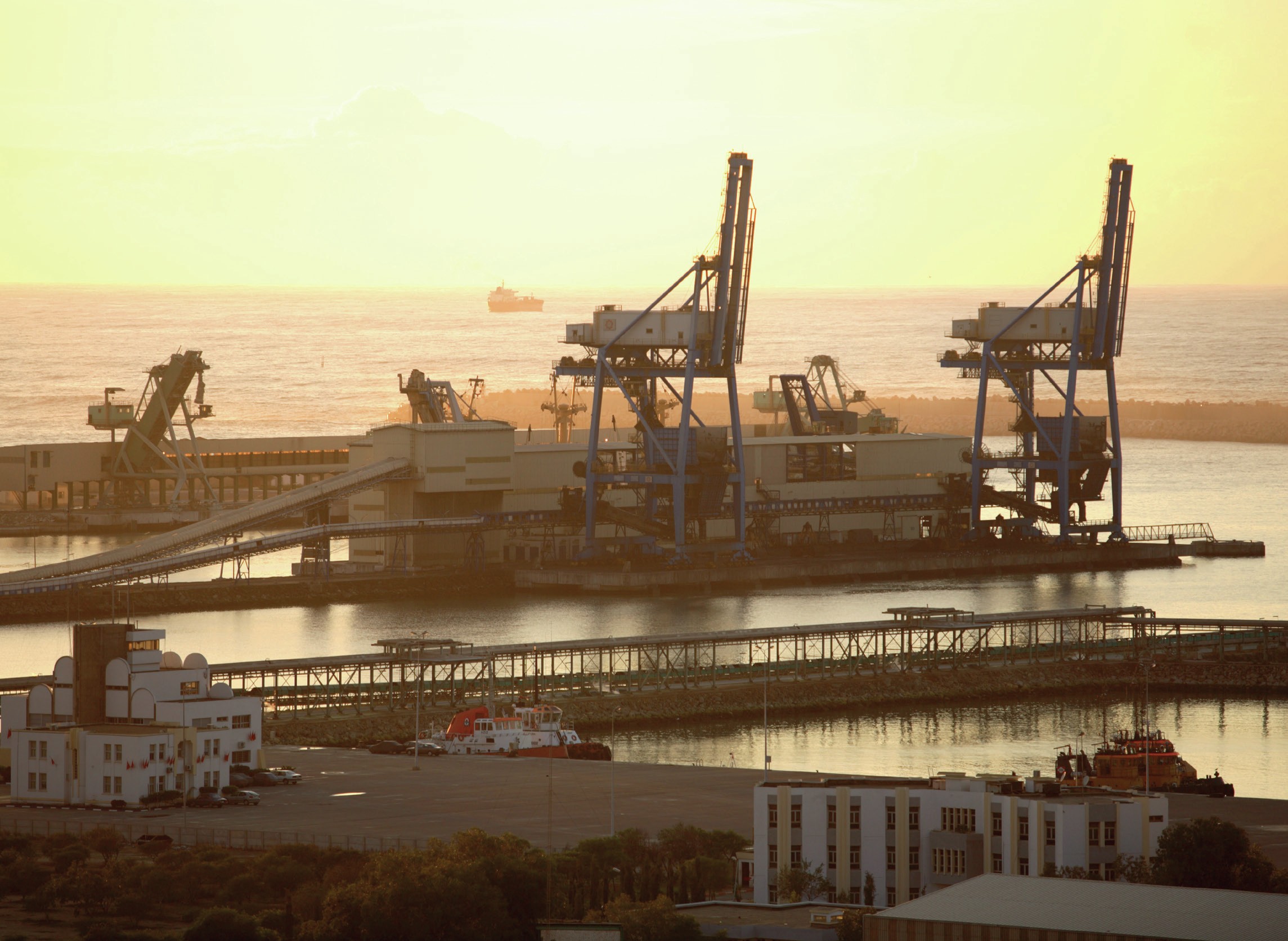Sulphur 418 May-Jun 2025
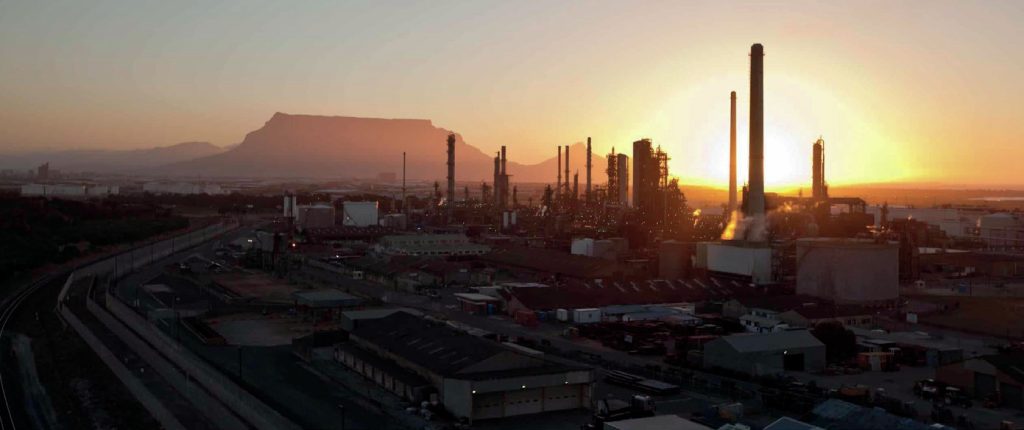
3 May 2025
Glencore invests in sulphur removal
Astron Energy, a subsidiary of Glencore, says that it will spend $328 million to upgrade its South African crude oil refinery in order to comply with the country’s upcoming cleaner fuel regulations. The investment aims to bring the facility in line with South Africa’s Clean Fuels II standards, which mandate lower sulphur content in both petrol and diesel. The 100,000 bbl/d refinery near Cape Town is one of only two remaining operational refineries in the country. Astron says that construction work is already under way for a gasoline hydrotreating plant that will reduce sulphur levels to Euro 5 (<10ppm sulphur) specifications. The regulations have been delayed to July 2027 due to concerns over the cost of upgrading existing refining infrastructure.
